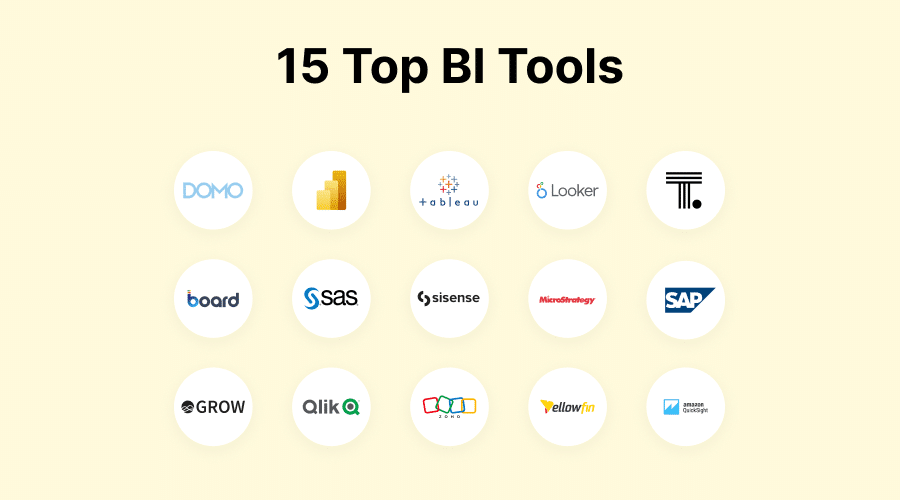In the age of big data, understanding and leveraging your business’s information can be the difference between thriving and merely surviving. Every decision, strategy, and goal in your enterprise can be informed, refined, and even transformed by the data you collect daily.
But how do you make sense of this vast reservoir of data?
This is where Business Intelligence (BI) tools come into play, turning raw data into actionable insights that can drive your business to new heights. In this blog, we delve into the world of BI tools, exploring their benefits, why you need them, and the top choices available today.
What is a business intelligence tool?
A Business Intelligence (BI) tool is a technology solution that facilitates the extraction, transformation, integration, and presentation of business data to support decision-making processes. These tools are designed to handle large volumes of structured and unstructured data, drawing on the principles of data analysis and management to reveal insights that inform business strategies.
BI tools enable the creation of reports, dashboards, and other visual representations of data to assist in the comprehension of trends, patterns, and discrepancies. They can also perform predictive analytics, forecasting future trends based on historical data.
The core functions of a BI tool often include data mining, data processing, data visualization, reporting, and querying, while more advanced tools might offer machine learning and AI capabilities for deeper analysis. BI tools are increasingly cloud-based and designed with user-friendly interfaces to facilitate their use by non-technical personnel, thereby democratizing data-driven decision-making across organizations.

Why do you need a business intelligence tool?
In an era of digital transformation and data proliferation, businesses of all sizes are finding it essential to harness the power of their data. This is where BI tools come into play. They empower organizations to translate complex data into actionable insights, enabling informed, data-driven decision-making.
One of the primary reasons to use a BI tool is its ability to improve business efficiency. By automating data collection, integration, and analysis, businesses can save time and resources, eliminating the need for manual data processing. This allows for faster, more accurate decision-making and fosters a proactive business approach.
Furthermore, BI tools can reveal insights that would be difficult, if not impossible, to discern manually. They can highlight patterns, trends, and correlations within data, allowing businesses to understand their performance better, identify areas of opportunity, and anticipate future trends.
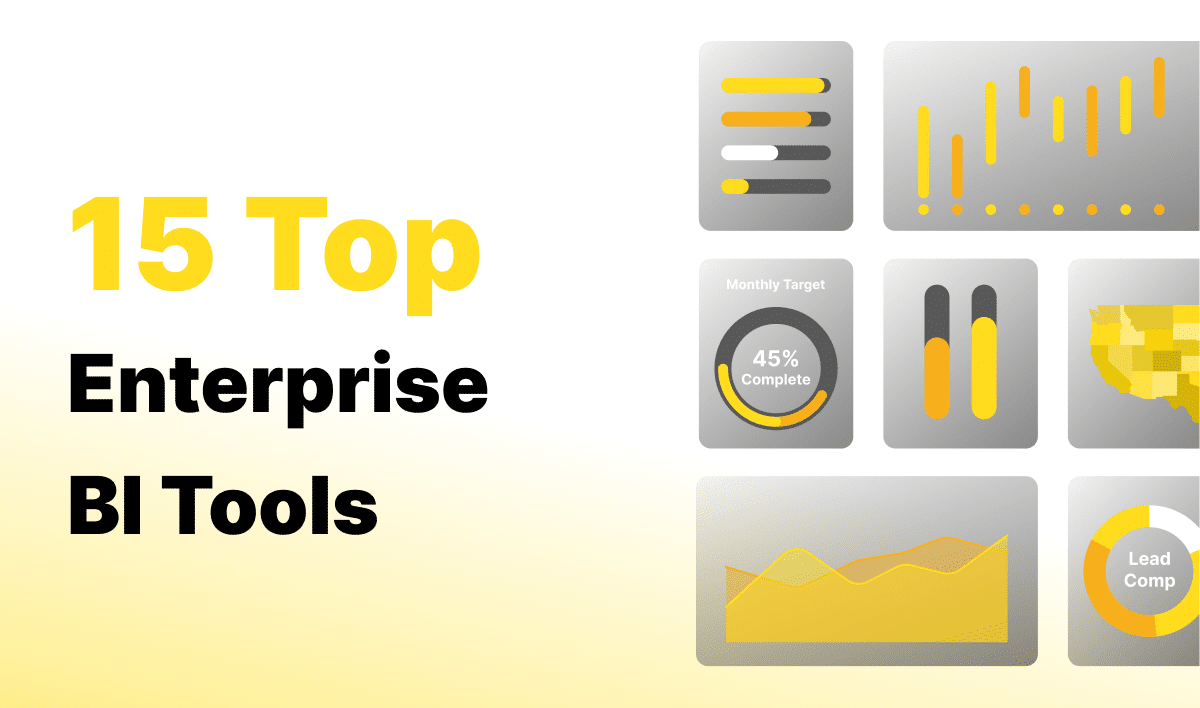
Top Business Intelligence Tools
As we venture into the realm of Business Intelligence tools, it’s essential to spotlight some of the top players that are redefining the industry. These are the platforms that have excelled in delivering intuitive, powerful, and effective data analysis solutions for businesses across all sectors.
From cloud-based innovations to user-friendly dashboards, these BI tools stand apart in their ability to transform raw data into actionable insights. Let’s take a closer look at what each of these leading platforms has to offer.

1. Domo
Domo is a cloud-based, all-in-one platform that excels at integrating multiple data sources and enabling real-time, interactive dashboards. Its social collaboration tools and mobile-first approach set it apart in the market.
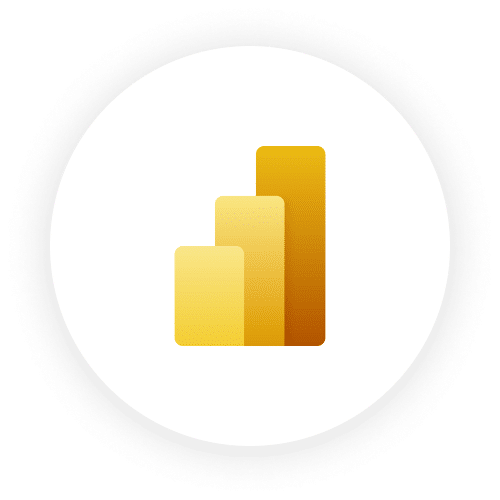
2. PowerBI
PowerBI is Microsoft’s flagship analytics tool, offering seamless integration with other Microsoft products. It stands out with its robust data modeling capabilities, simple UI, and affordability, making it an attractive option for all sizes of businesses.

3. Tableau
Known for its intuitive drag-and-drop interface and visually appealing dashboards, Tableau enables non-technical users to create advanced data visualizations. Its flexibility with data sources and robust community support make it a widely-adopted tool.

4. Looker
Owned by Google, Looker is a modern BI platform known for its data modeling layer, LookML. It stands out with its easy integration with SQL databases and emphasis on collaborative, self-service analytics.
Need help with your BI implementation?
Let me do the heavy lifting for you. Contact me and free up your time to focus on the other important tasks that need your attention.


5. ThoughtSpot
ThoughtSpot’s innovative AI-driven search functionality allows users to interact with their data using natural language. It stands out with its automated insights and anomaly detection.

Pro Tip: Define your specific business needs and objectives, considering factors like data sources, complexity of analysis, visualization options, and technical expertise required, to choose a BI tool that aligns with your requirements.

6. Board
Board combines business intelligence, performance management, and predictive analytics in a single platform. It is unique in its approach to creating a shared decision-making environment with its proprietary toolkit.
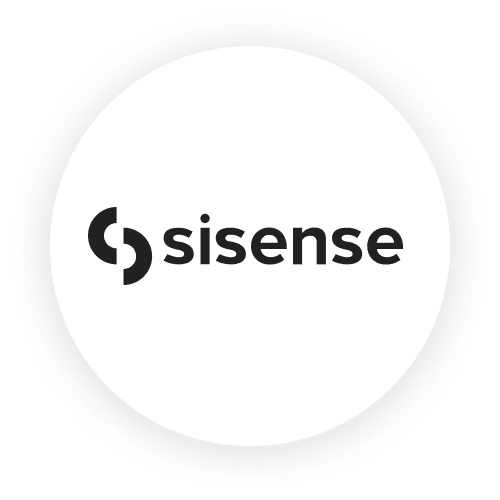
7. Sisense
Sisense’s unique Elasticube technology enables complex data integrations and manipulations, making it ideal for handling large, diverse data sets. Its widget-based dashboard creation offers flexible, custom visualizations.

8. Qlik
Qlik’s associative analytics engine offers a unique, non-linear approach to data exploration. Its two main products, QlikView and Qlik Sense, cater to guided analytics and self-service visualization, respectively.

9. Microstrategy
Recognized for its robust platform with advanced analytics capabilities, MicroStrategy shines in enterprise-scale reporting. It also distinguishes itself with strong security features and a mobile BI strategy.
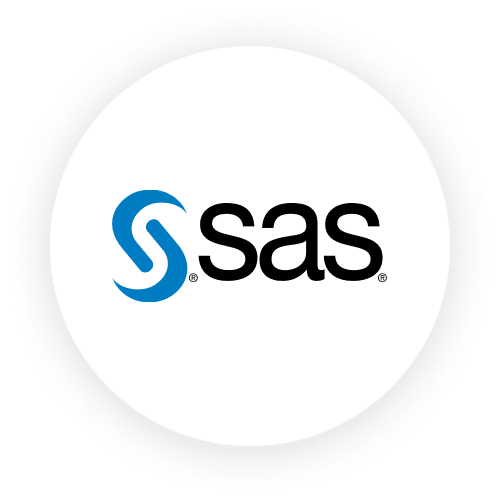
10. SAS
SAS offers a comprehensive suite of tools for advanced analytics, multivariate analysis, business intelligence, and data management. Its predictive analytics and machine learning capabilities are what set it apart.

Pro Tip: Prioritize usability and user experience by selecting a tool with an intuitive interface, customizable dashboards, interactive visualizations, and ample training resources to ensure easy adoption and effective utilization by your team.

11. SAP
SAP’s BI tools provide strong integration with its ERP system, making it a compelling choice for existing SAP users. Its offerings, like SAP Analytics Cloud, stand out with planning and predictive analytics features.
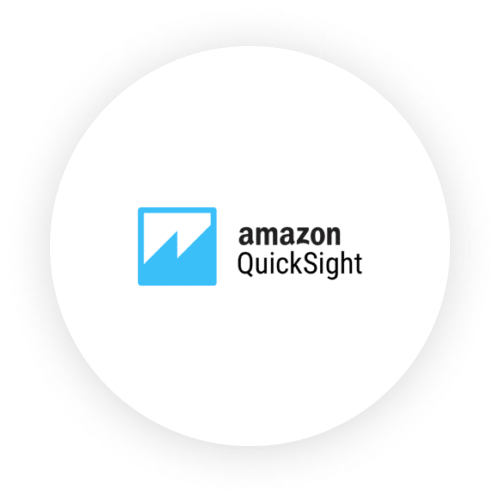
12. Quicksight
Amazon QuickSight is a scalable, serverless BI service built for the cloud. Its SPICE (Super-fast, Parallel, In-memory Calculation Engine) stands out, allowing users to perform advanced calculations and render visualizations quickly.

13. Grow
Grow is designed for growing businesses seeking an affordable, user-friendly BI tool. Its standout feature is its extensive library of pre-built reports and dashboards for various software platforms.

14. Yellowfin
Yellowfin BI is a user-friendly, end-to-end analytics platform known for its collaborative features, such as sharing and storytelling. Its automated insights and unique data-storytelling approach make it distinctive in the BI world.

15. Zoho Analytics
Part of the broader Zoho software ecosystem, Zoho Analytics emphasizes user-friendly data integration, visualization, and collaborative BI. Its integration with other Zoho products and affordable pricing make it stand out for small to mid-sized businesses.
Conclusion
In conclusion, the importance of Business Intelligence tools in today’s data-rich environment cannot be overstated. These innovative platforms empower businesses to transform their wealth of raw data into actionable insights, thus driving informed decision-making and providing a competitive edge in the market.
As we’ve seen, there are numerous BI tools available, each with its unique strengths, catering to different sizes and types of businesses. Therefore, when choosing the right BI tool for your business, it’s essential to consider your specific needs, the scale of your operations, and the nature of the data you handle.
Remember, the right BI tool can be a game-changer for your business, opening the door to unprecedented efficiency, productivity, and growth. Here’s to your data-driven success!
Does Your BI Implementation Got You Stuck?
I can help you unlock the power of your BI tool to deliver invaluable business insights. See how I can help!
